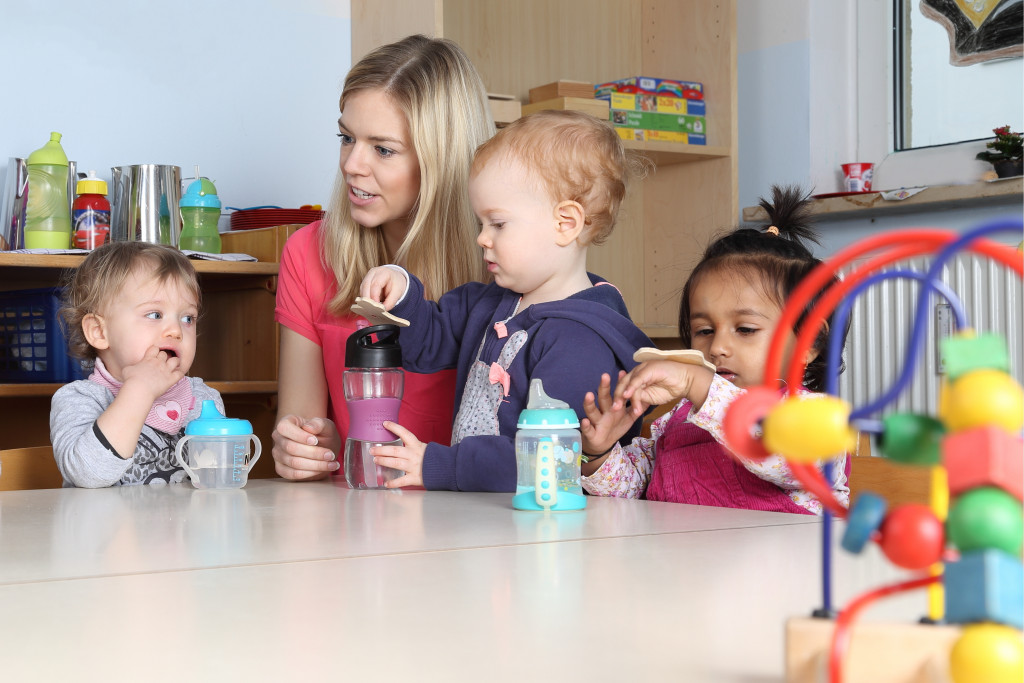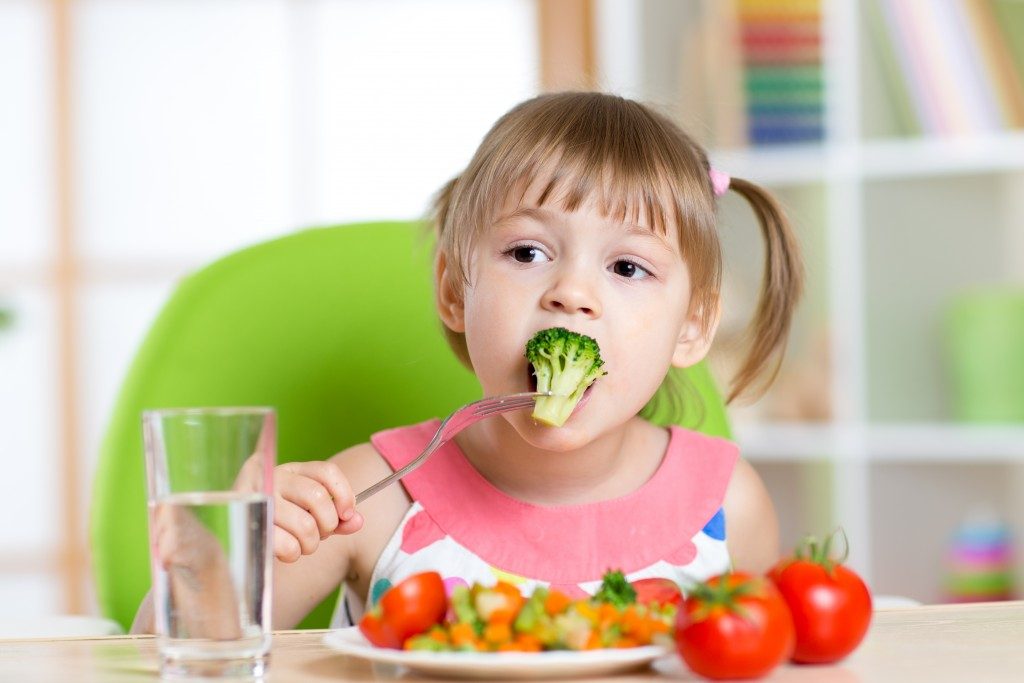- Toddlerhood is a critical stage of development.
- Cognitive stimulation through puzzles, games, and role-playing enhances problem-solving abilities.
- Group playdates and sharing exercises promote emotional and social growth.
- Striking a balance between structure and spontaneity is essential in a toddler’s day.
- Encouraging parent-child bonding is crucial for emotional and cognitive development.
You’ve likely heard the saying, “The early years are the most important.” But what does that really mean for toddlers and their growth? As someone responsible for shaping the minds and characters of the next generation, you have the power to lay a foundation today that will lead to the leaders of tomorrow. This post is a guide to help you make the most of these formative years, ensuring every child has the best opportunity to shine.
The Cornerstones of Toddler Development
There is no denying that toddlerhood is a critical stage in a child’s life. During this time, toddlers rapidly develop physically, mentally, and emotionally. It’s a period of immense growth and change as they learn to explore the world around them and interact with others.
Cognitive Stimulation
Imagine a world where every small task or game is a puzzle waiting to be solved. For toddlers, this is their reality. Every day, their brains are like sponges, eager to soak up information and learn. By introducing activities such as puzzles, role-playing, and age-appropriate games, you’re nurturing their curiosity and enhancing their problem-solving abilities.
As you guide them through these exercises, you’re not just keeping them occupied but building neural pathways that will serve them well into adulthood.
Emotional and Social Growth

Remember your first playdate or the first time you shared a toy? These early interactions were foundational in teaching you about emotions, empathy, and the value of companionship. For toddlers, group playdates, storytelling sessions, and sharing exercises are more than just fun; they’re stepping stones to understanding human connection.
By fostering an environment where they can interact with peers, you’re equipping them with skills of patience, understanding, and teamwork, traits that will define their relationships in the future.
Implementing Activities for Maximized Benefits
There are hundreds of activities that you can incorporate into your curriculum to promote toddler development. Here are some tips to help you get started:
Structuring Routine
When you think about the days ahead, striking a balance is essential. Consistency and routine are critical, but you also want to leave space for spontaneous play and exploration. Why? While structure gives toddlers a sense of security, unplanned activities fuel their natural curiosity, introducing a mix of activities into their day.
Engaging Parents and Guardians

Parent-child bonding isn’t just heartwarming; it’s crucial for a toddler’s emotional and cognitive development. As an educator or guide, one of your roles is to encourage and facilitate this bond.
Whether it’s a family board game night, a cooking session where tiny hands help to stir and mix, or a joint gardening project, these shared moments create lasting memories and teach invaluable lessons.
Engaging Activities for Toddlers
As a teacher or educator, it is essential to know engaging activities for toddlers that will keep them entertained and active and help stimulate their cognitive and social development. Here are five engaging activities for toddlers that you can try to keep occupied and engaged.
Indoor Trampoline Park
One of the best ways to get toddlers moving, jumping, and having fun is by taking them to an indoor trampoline park. Scheduling indoor trampoline park sessions for toddlers is a fantastic way to incorporate physical activity into their routines and promote social interactions. Children can safely play and explore with designated toddler areas while developing their gross motor skills.
Sports Games
Sports games, such as basketball, soccer, or hockey, are excellent for toddlers, as they teach them teamwork and coordination. These games usually come in smaller sizes, perfect for the little ones, and can be played indoors or outdoors.
Toddlers can learn to throw, catch, and kick while they play, improving their motor skills and hand-eye coordination. Sports games are a win-win for the little ones as they have fun while developing their social skills.
Puppet Show
Toddlers love to be entertained, and a puppet show can keep them engaged for an extended period. Puppet shows give toddlers a chance to develop their imaginative and communication skills. You can make the puppets out of socks or buy them at any toy store.
You can tell a story with the puppets or have the kids create their storylines. Letting them be expressive and creative with the instruments allows them to learn confidence and express themselves.
Wrapping Up
Toddler development is a holistic process that takes a village to raise a child. As an educator or caregiver, you are essential in providing engaging activities that promote cognitive, emotional, and social growth. So, go ahead and make the most of these formative years. Happy learning!


